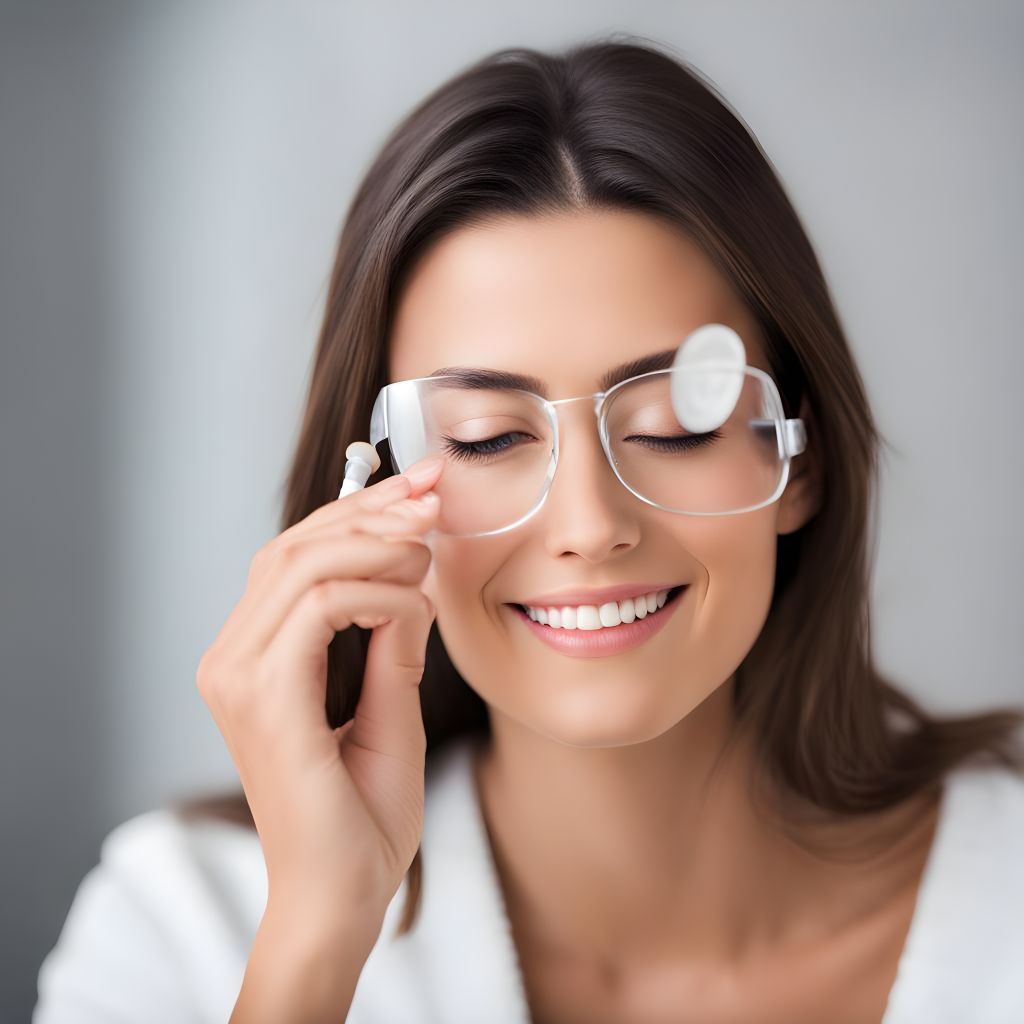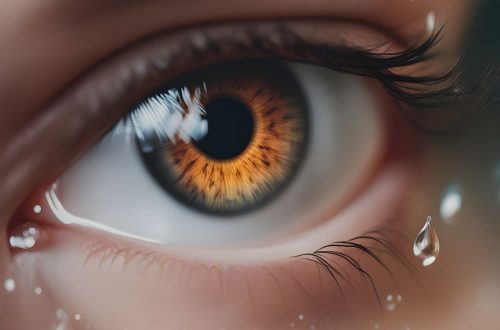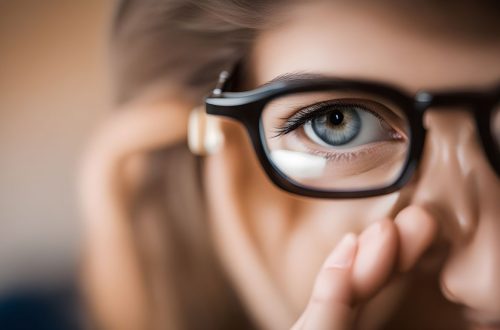How lack of sleep affects the eyes?
Sleep is important for your health in general, but people often forget how it can affect your eyes. Too little or too much sleep can cause a number of eye problems that can make it uncomfortable and hard to see. Lack of sleep has major long-term effects, from dry and itchy eyes to more serious problems.
This article about how not getting enough sleep can hurt your eyes. You can take steps to protect your eyes and improve your general health if you know about these effects. Fixing sleep problems can help your eyes look and feel better, whether you’re having trouble with eye strain from using screens for long periods of time or dark circles and puffiness. Explore further to find out how sleep affects eye health.
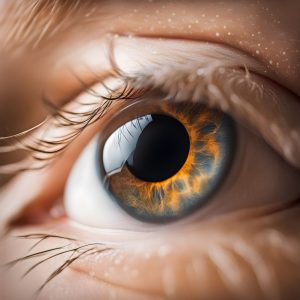
Dry eyes and sleep deprivation
People who don’t get enough sleep often have dry, itchy eyes. When you don’t get enough sleep, your body stops making tears, which are needed to keep your eyes moist. I personally felt this one time, during a very busy week with little sleep. It was hard for me to concentrate on my work because my eyes felt rough and itchy.
For healthy eyes, the body’s natural tear film is very important. Not getting enough sleep lowers the production of this tear film, which makes your eyes dry and uncomfortable. To help with this, I put a humidifier in my office. It kept the air moist, which made me feel better. Artificial tears that you can buy over-the-counter can also help briefly.
Environmental factors should also be thought about. Dry eyes can get worse when you don’t get enough sleep or when you spend a lot of time in front of a screen. I suggest that you take breaks from screens often and make sure that your setting is good for your eyes. This helped me deal with the pain of having dry eyes from not getting enough sleep.
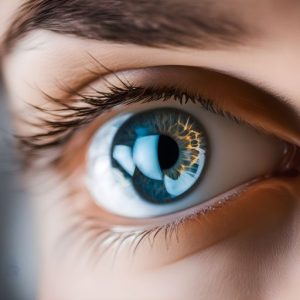
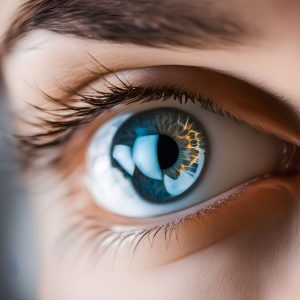
Eye Strain from Lack of Rest
Not getting enough sleep can cause eye pain. Eyes that don’t get enough rest have trouble focusing, which can be painful and straining. Due to a project schedule, I had a lot of eye strain that caused headaches and blurred vision. People who use digital gadgets a lot are more likely to have this problem.
The simple reason for this is that eye muscles get tired when they don’t get enough rest, which makes it harder to stay focused. It’s kind of like how other muscles hurt after working them too hard. The 20-20-20 rule told me to look at something 20 feet away for at least 20 seconds every 20 minutes.
I also made sure my desk had enough light. It’s good to use adjustable lighting that lowers glare on screens because harsh or dark lighting can make your eyes tired. Sharing these techniques with friends who were having similar problems led to big improvements in their symptoms. Eye strain from not getting enough sleep can be managed with regular breaks and changes to your workspace.
Read also – QUALITY OF VISION: 3 REASONS WHY EYES HURT
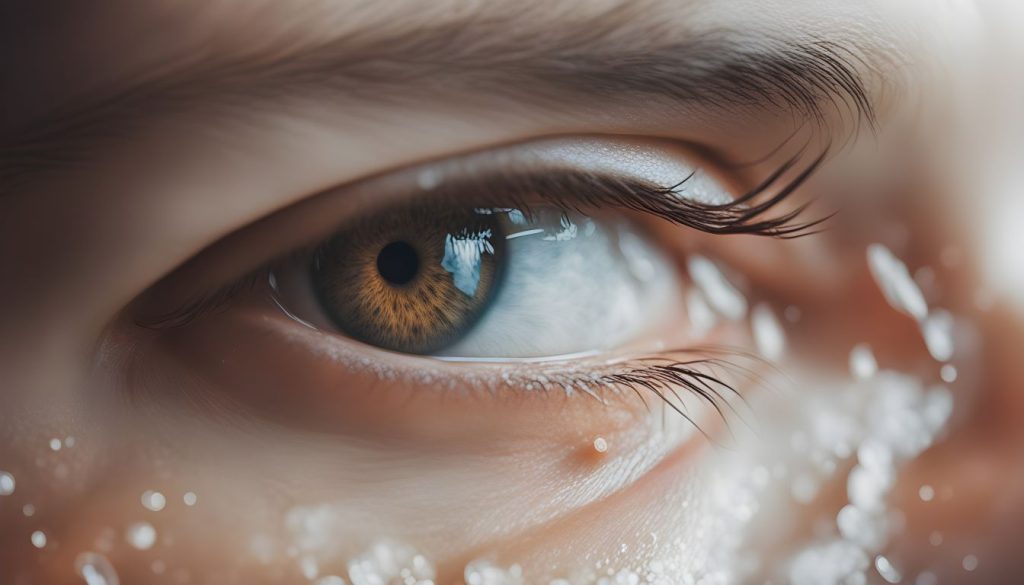
Tired eyes and dark circles under them
Dark rings and puffy eyes are common signs that you haven’t slept enough. This is because not getting enough sleep makes the blood vessels under the eyes bigger and causes fluid to build up around the eyes. When I worked late a lot, I often woke up with dark circles and red eyes, which made me feel bad about my looks and confidence.
Not getting enough sleep can throw off the body’s natural balance, which can lead to fluid buildup. I started putting cold packs on my face in the morning to help, which made the redness go away. Using an extra pillow to raise my head while I slept also helped keep the fluid around my eyes from building up. These little changes made a big difference in reducing puffiness.
The thinner skin around the eyes and the buildup of blood in the dilated vessels make dark rings worse. Getting enough sleep on a regular basis, even during busy times, helped ease these symptoms over time. Making simple changes to your lifestyle can successfully manage the visible signs of not getting enough sleep, improving both your appearance and the comfort of your eyes overall.
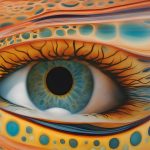
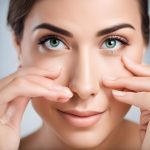
Involuntary Eye Twitching from Fatigue
Myokymia, or uncontrollable eye twitching, is another common effect of not getting enough sleep. I noticed this most when I wasn’t getting enough rest and was under a lot of stress. The constant jerking was not only annoying, but it also got in the way of my daily life.
The muscles around your eyes twitch because they are overworked and tired, just like any other muscle in your body that is stressed and doesn’t get enough time to heal. I found that reducing stress through deep breathing exercises and making sure I got enough sleep made these twitching bouts a lot less frequent.
When people with similar twitching problems were shown these relaxation methods, they also felt better. Making simple changes to your lifestyle and how you deal with stress can help reduce or even get rid of these uncontrollable twitches, keeping you focused and comfortable all day.

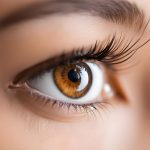

Long-Term Eye Health Risks from Poor Sleep
Eye health problems can get worse over time if you don’t get enough sleep. Not getting enough rest on a regular basis may raise the risk of developing conditions that can affect your eyes over time. This worried me when I learned that not getting enough sleep for a long time could hurt my eyes in the long run.
One risk is that you may be more likely to get conditions that affect the optic nerve and how well your eyes work generally. I began to pay more attention to how I slept and made sure I got regular eye exams to check on my eye health. Making healthier choices, like eating a balanced diet and working out regularly, also helped my eye health and general health.
I saw that the people around me became more responsible for their eye health after I told them about these habits. A healthy lifestyle and regular checkups can help avoid or treat eye problems, leading to better long-term eye health and vision.
Read also – EYE HEALTH: DOES A DARK PHONE THEME AFFECT EYES?
